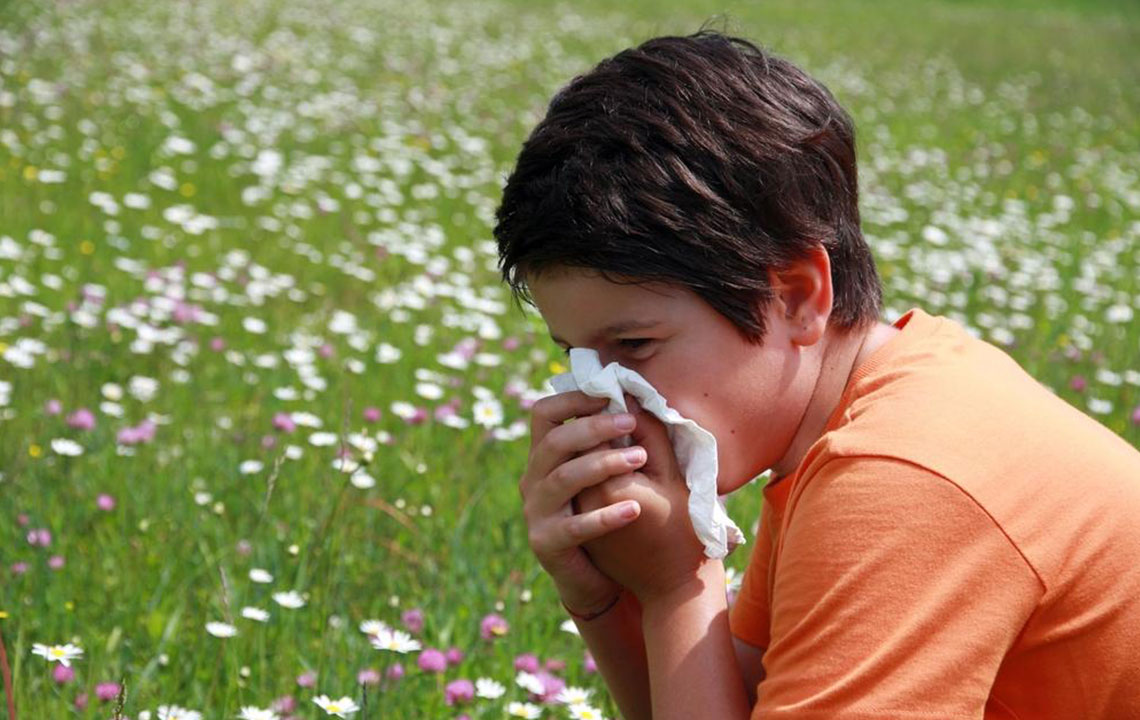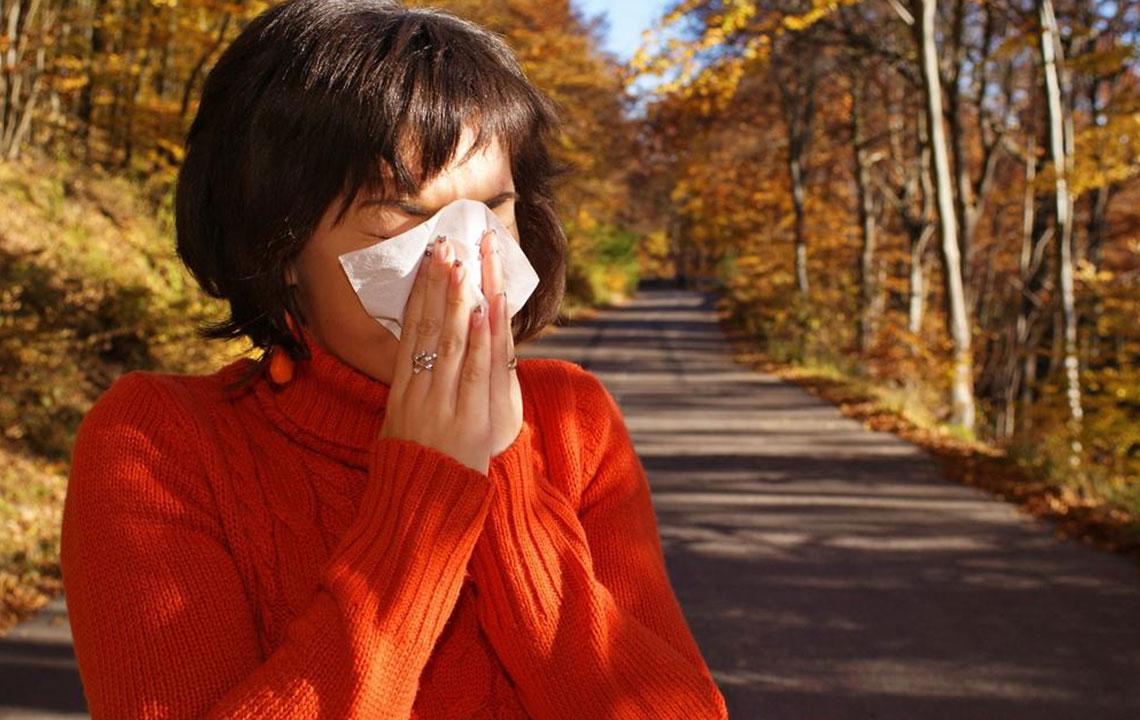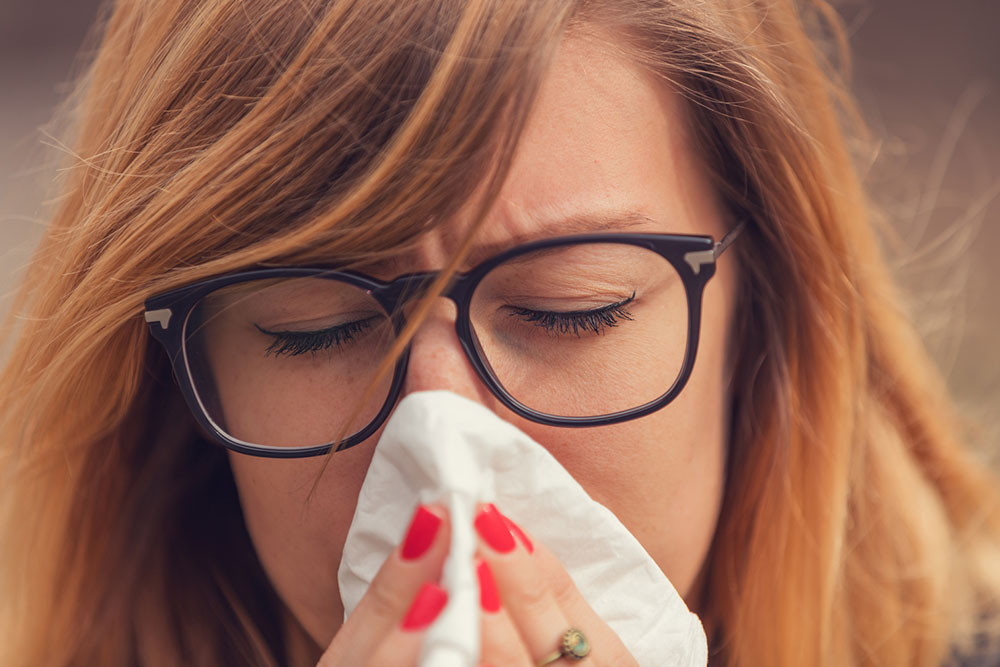Comprehensive Guide to Managing Persistent Dry Cough Caused by Allergies
Discover comprehensive strategies to understand, diagnose, and manage persistent dry coughs caused by allergies. This detailed guide covers causes, risk factors, diagnostic methods, medication options, natural remedies, and lifestyle adjustments to help alleviate symptoms and improve respiratory health effectively.

Comprehensive Guide to Managing Persistent Dry Cough Caused by Allergies
A cough functions as the body's natural defense mechanism, helping clear the respiratory pathways of irritants, fluids, or foreign particles.
This involuntary reflex involves inhaling deeply and then forcefully exhaling against a closed glottis, producing the characteristic cough sound. It is one of the most common symptoms prompting individuals to seek medical attention, as it plays a crucial role in maintaining respiratory health by expelling harmful substances from the airway.
A persistent dry cough can significantly affect an individual’s overall health, daily activities, and quality of life, especially when it transitions into a long-lasting or recurrent issue. Chronic coughing is not only irritating but can also lead to complications like throat soreness, exhaustion, and sleep disturbances.
Dry Cough Caused by Allergies: An Overview
This specific type of cough occurs without the production of mucus or phlegm, distinguishing it from productive coughs. It is often triggered by exposure to environmental allergens that cause irritation or inflammation of the throat and respiratory passages. Allergies are frequently identified as the primary cause behind chronic dry coughs, especially in non-smokers. Understanding the underlying mechanisms and limiting exposure to triggers can significantly alleviate symptoms.
This type of cough is characterized by an intense and sometimes persistent, forceful sound that can last anywhere from a few minutes to several days or even weeks if not properly managed. The impact on daily life can be considerable, interfering with work, sleep, and social interactions.
Risk factors for developing allergies that lead to dry cough include:
Family history of allergic conditions such as hay fever, asthma, or eczema
Sensitive or reactive skin
Recurring bouts of cough, which may resolve temporarily or persist chronically
What Causes an Allergic Dry Cough?
When the immune system detects an allergen, it releases a chemical called histamine. This chemical leads to symptoms like itchiness, sneezing, nasal congestion, and a dry cough. The body’s overreaction to harmless environmental substances results in inflammation and irritation of the respiratory tract, prompting the cough reflex.
Common allergens that can induce a dry cough include:
Tree and flower pollens
Grass and weed pollens
Dust mites commonly found in bedding and upholstery
Animal dander—fur, hair, feathers from pets
Mold spores prevalent in damp environments
Environmental factors that exacerbate allergy symptoms and worsen dry cough include:
Temperature fluctuations—especially sudden changes from hot to cold
Exposure to smoke from cigarettes, wood fires, or incense
Air pollution containing particulate matter and chemicals
Chemical irritants in perfumes, hairsprays, cleaning agents
High humidity levels promoting mold growth
Other chemical exposures in the environment
Diagnosis & Effective Treatment Strategies
To accurately diagnose allergy-related dry coughs, healthcare providers may perform skin prick tests, blood tests measuring Immunoglobulin E (IgE) levels, or both. Identifying specific allergens helps tailor an effective management plan.
Treatment options encompass medication, natural remedies, and lifestyle modifications designed to reduce exposure and manage symptoms.
Medical Interventions and Medications
Antihistamines: These medications work by blocking histamine receptors, thereby reducing allergy symptoms such as sneezing, nasal congestion, watery eyes, and cough. Common antihistamines include cetirizine, diphenhydramine, and fexofenadine. They are often used for immediate relief and can be found over the counter or prescribed.
Immunotherapy: Also known as allergy shots, this treatment involves injecting gradually increasing doses of the allergen to desensitize the immune response. Over a period of months or years, immunotherapy can significantly reduce the severity of allergy symptoms and improve long-term tolerance.
Natural and Home Remedies for Symptom Relief
In addition to medications, several natural remedies can help soothe a dry cough caused by allergies. Incorporating these into your routine may provide relief and support overall immunity:
Turmeric: Known for its anti-inflammatory properties, mixing a teaspoon of turmeric powder into warm milk can help soothe irritated throats.
Spices and herbal teas: Cloves, cinnamon, and licorice root teas are natural anti-inflammatories and immune boosters. Consuming raw spices or infusions can alleviate irritation.
Ginger and honey: Combining fresh ginger with honey creates a potent mixture that reduces inflammation and provides soothing relief for sore throats.
Basil (Tulsi): Revered in traditional medicine, basil leaves possess antibacterial properties and can help manage allergy symptoms when consumed regularly.
Alternative Therapy Options
Because some allergy medications have side effects such as drowsiness, dry mouth, or sluggishness, many individuals opt for natural or complementary therapies. These include acupuncture, probiotics to improve immune function, and nasal saline rinses to flush out allergens and reduce nasal congestion.
Maintaining a clean environment, avoiding known triggers, and practicing good respiratory hygiene are essential for managing persistent dry coughs caused by allergies effectively. Consulting with healthcare professionals for personalized treatment plans ensures better symptom control and improved quality of life.





